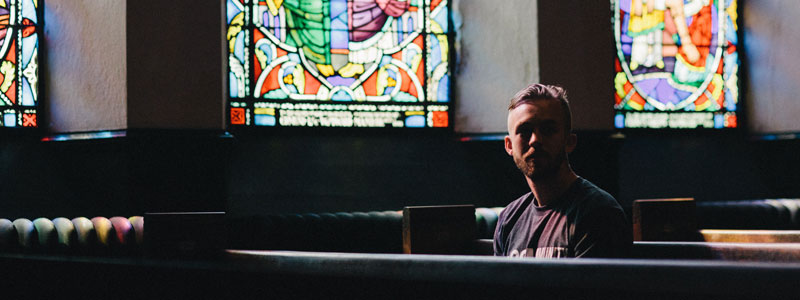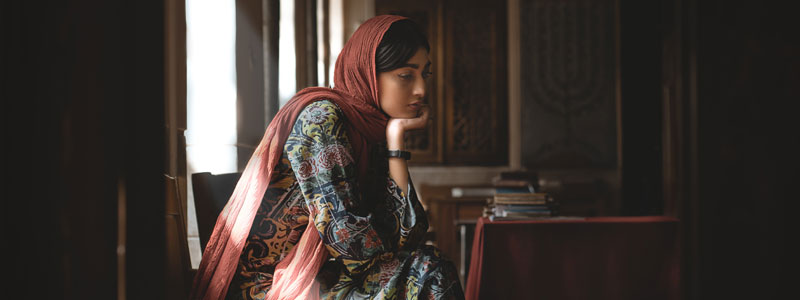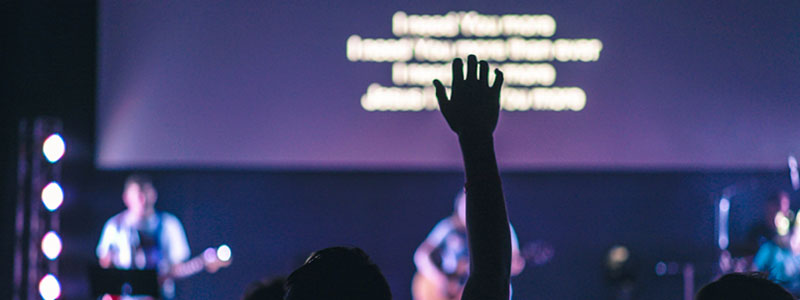Who’s Responsible for Injuries at a Church or Non-Profit?
This time of year, many Americans flock to their local churches, synagogues, mosques, or favorite non-profits in a spirit of giving back to the community. Volunteers at non-profits and church attendees are all about serving the mission of their organization. Their work and resources help millions of people in America in a multitude of ways, […]

December 24, 2018
This time of year, many Americans flock to their local churches, synagogues, mosques, or favorite non-profits in a spirit of giving back to the community. Volunteers at non-profits and church attendees are all about serving the mission of their organization. Their work and resources help millions of people in America in a multitude of ways, and whether you support a particular cause or not, non-profit and religious properties tend to be respected, even sacred ground to many.
However, accidents occur on charitable organizations’ properties every year, some costing thousands of dollars in medical bills. But just because they’re non-profits doesn’t mean churches and non-profit organizations aren’t liable for staff, volunteer, or attendee injuries.
Basic Non-Profit Premises Liability

Indiana law doesn’t distinguish between non-profit and for-profit property owners in establishing premises liability laws. These laws state that all property owners are responsible for maintaining a safe environment for all those who are invited onto the premises. Ignoring known issues such as slippery walkways, broken handrails, or rusted fixtures may result in an owner being guilty of negligence.
Ingredients for a Premises Liability Case
If you’ve been hurt while volunteering at a church or non-profit, you’ll need to prove four things before taking your claim to court:
- The property contained an unsafe condition.
- The owners knew about and did not make a reasonable effort to fix the unsafe condition.
- The unsafe condition directly injured someone.
- The injury occurred on the owner’s property.
Each of these points comes with its own legal loopholes and common strategies of avoidance that property owners and their insurance companies will likely take to avoid paying your claim. That’s one reason why premises liability cases are best handled by an experienced personal injury attorney.
Church and Non-Profit Negligence

Volunteers are one group to keep in mind when maintaining a property, but often the most at-risk people on a charitable organization’s property are those merely in attendance.
Criminal Acts
Though people don’t want to think about it, religious and non-profit organizations are sometimes targeted in violent attacks that injure or kill those in attendance. Most of these acts cannot be claimed under premises liability law because the church or non-profit usually isn’t required to be prepared for unforeseeable events.
When crimes are more frequent in and around the property, however, the organization is responsible for protecting its invitees in reasonable ways so they cannot be injured due to likely crimes. For example, let’s say a church has a lamppost on the corner of its property to light the sidewalk. If the light goes out, the church has a duty to replace it so individuals don’t slip and fall on the sidewalk. They also have a duty to replace it if they know crimes occur because of their negligence: if, for example, multiple churchgoers report being mugged at that dark corner after evening services.
Off-Campus Events
When a non-profit or church hosts an event that’s open to the public, they often have help planning or hosting the event. At the very least, many outreach or awareness events take place away from the organization’s premises. This means there will be another layer to any premises liability case arising after an injury.
When additional companies rent equipment, provide security, or offer other services, their negligence may result in an injury. If the event is hosted on another company’s property, their insurance will likely cover any injuries, meaning their staff, not the non-profit’s, must be proven to be guilty of negligence. For example, if you attend a conference put on by a non-profit at a hotel and slip and fall, you’d likely file a claim against the hotel, not the non-profit whose event you were attending.
Finally, if an event takes place on public or government-owned property, the chance of winning a premises liability case shrinks dramatically. That’s because the Indiana government is typically immune from injury lawsuits.
File Your Claim with an Experienced Personal Injury Attorney
No one expects to be injured while worshiping or volunteering for a cause they believe in. However, this shouldn’t stop victims from seeking the compensation they may need to pay for medical bills when property owners’ negligence causes their injuries.
Premises liability is a complicated area of law, and seeking guidance from a local attorney is one of the options you have to help strengthen your case. The personal injury attorneys at Hensley Legal Group are standing by to help you get back on your feet. We’ll file your claim and give it the strength it needs to achieve a fair settlement, or we won’t get paid. Call us or contact us online today to get your free conversation started.